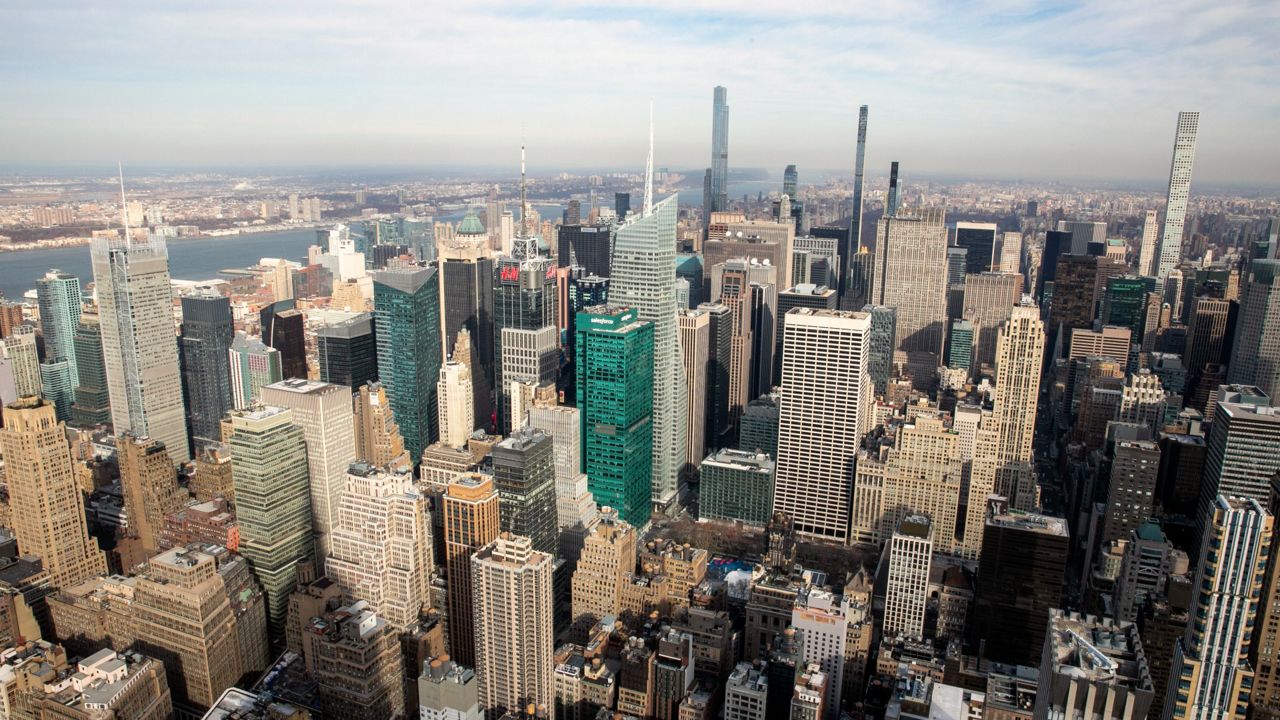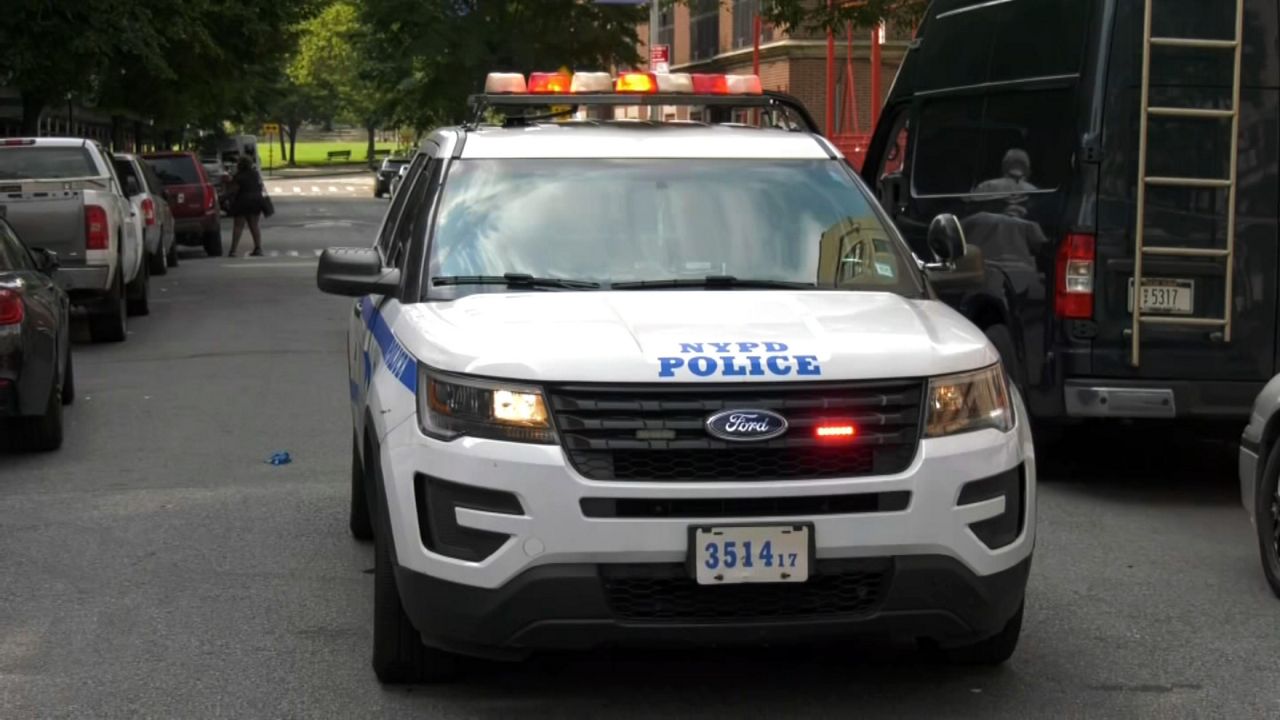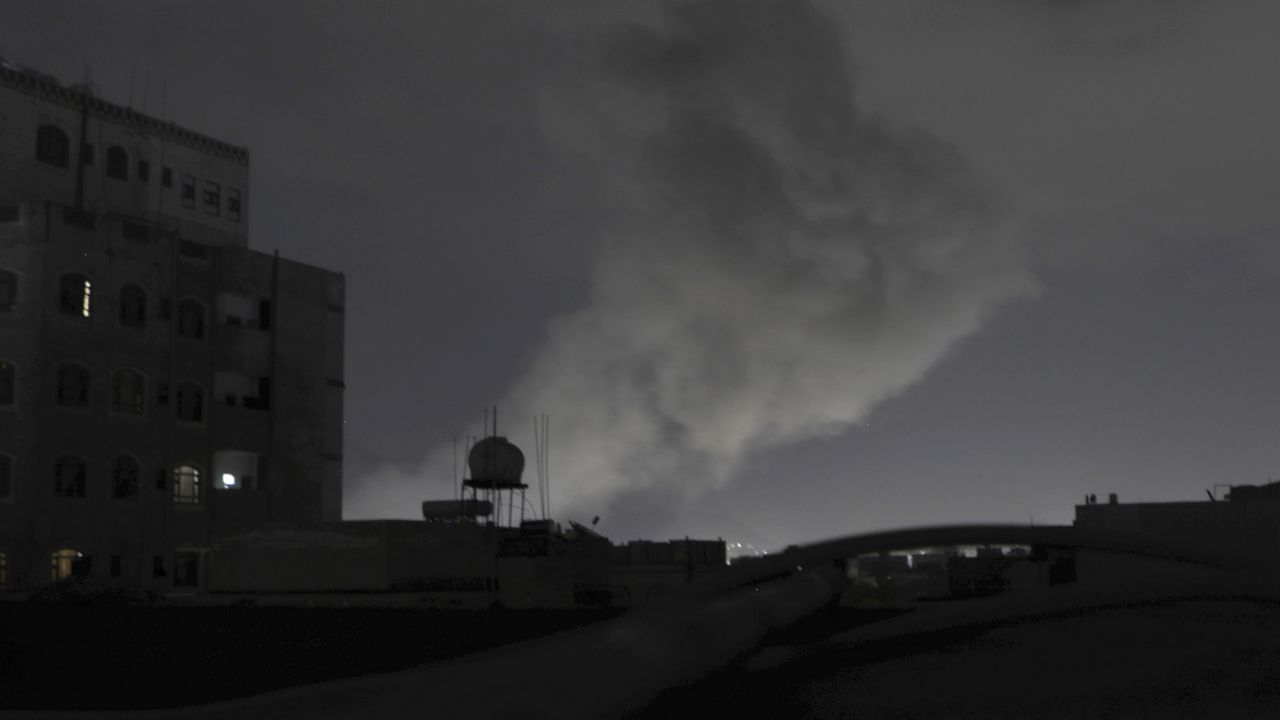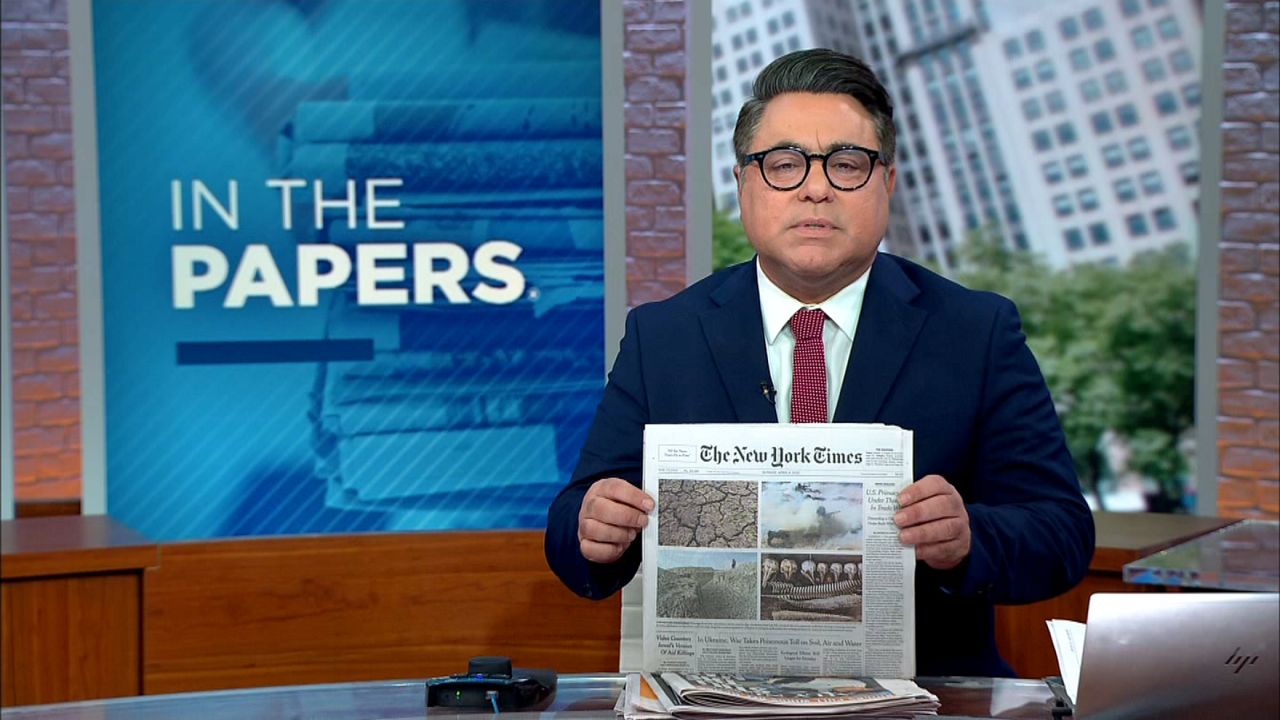Morgan White was supposed to move to New York last fall for a new job, but due to rising COVID-19 numbers, her work allowed her to postpone the move until April.
But despite the fact that bidding wars, long lines and a spike in rent prices were beginning to feel like the norm for many in the fall, she said she wishes she could go back to what the rental market was back then.
“I would have been happy to pay those prices, knowing what was coming,” White, 34, said.
The median rental price in February was up almost 24% in Manhattan, 10.5% in Brooklyn and 14.5% in northwest Queens from the previous year, according to a monthly report of apartment rentals by Douglas Elliman.
“It’s a complete flip-flop of what we had a year and a half ago,” said Jonathan Miller, president and CEO of Miller Samuel Inc., a real estate appraisal firm, about the reversal of the market since the worst of the pandemic hit the industry in 2020 and early 2021.
“Over the last year, rents have risen like a rocket ship, essentially,” he added.
White said her budget allows her to spend upwards of $3,900 a month.
But even with that budget for a one-bedroom or a studio, she said the search for a rental in Manhattan has been tough. With her office in Hudson Yards, she’s been searching in neighborhoods such as the Upper West Side, Chelsea and the West Village. She’s had no luck in those areas, so she’s expanded her search to the East Village, the Upper East Side and Hell’s Kitchen.
“I'm looking everywhere at this point, and the inventory is just not there,” she said. “And what is there is absurdly priced.”
The reasons for the inflated market largely center around the city returning to its pre-pandemic rhythm, according to experts.
For one, the market is returning to a pre-pandemic lease cycle, which means renewals happening around July, August and September, according to real estate insiders.
“In 2020, people were moving out of those apartments and no one else was moving in, so by the time they rented, they were no longer on this July to July schedule,” said Anna Klenkar, a licensed real estate salesperson at Compass. “And a lot of landlords did 15- to 18-month leases to get them back onto summer.”
That cycle creates a tight market as the city moves forward through spring and into summer, especially as college graduates return or stay in the city for jobs.
Also, many people are simply renewing their leases rather than moving elsewhere, which is a contributing factor to the low vacancy rate, she said.
The vacancy rate in Manhattan dipped to 1.32% in February, the lowest level for February since 2008.
People are also looking for more space as they continue to spend more time at home.
Adam Ellis is a comic artist and illustrator who lives in a two-bedroom with his partner in Fort Greene. With both working from home, he said they’ve decided it’s time to upgrade to a three-bedroom.
“Everything that I've liked and that I've tried to put in an application for, they told me that you have to put in bids,” said Ellis, 35. “Everyone is bidding.”
He said it’s been a struggle to find anything that works, even with their combined budget of $5,000 to $8,000.
Ellis said he found one apartment he loved near the DUMBO area of Brooklyn for $5,500 and applied.
He said the agent immediately got back to him and asked him to put in his highest offer. Since he really liked the apartment, he bid $1,500 over the asking price. But someone else offered $2,000 more and got the apartment, he said.
The bidding wars that were beginning to show themselves last year have become commonplace now, experts said.
“We were seeing them more, but now, about one in five rentals are renting above the landlord's asking, which is quite astounding when you consider normal incidents of this nominal,” said Miller.
The housing situation raises questions about who can move to the city and who can continue living here.
At the height of COVID-related deals in 2020 and early 2021, Miller called the influx of people into Manhattan a “youth renaissance.” People who normally wouldn’t have been able to afford to move to Manhattan were now taking up these rental deals.
Miller said people who took advantage of the deals were “pulled into the city by the plunging rents, and can't stay where they are specifically, simply because the renewal rate will be much higher than what they were paying before.”
Indeed, the current rental market depends on people whose parents could support them, according to Klenkar.
“There are not necessarily enough people here to fill all these units who qualify on their own, but it is assumed by landlords that most new NYC post-grad transplants have parents earning over 80 times the monthly rent who can guarantee their leases,” said Klenkar.
The search for an apartment has taken its toll on White, who is now wondering whether she has a future in this city.
“I'm thinking, ‘Oh my gosh, at 34, am I going to have to go back to Memphis and stay with my mom until this sorts itself out?’ Because it doesn't show signs of improving and it just makes you feel—as someone who's done a lot in their career, and who technically makes decent money—I obviously didn't make enough because I can't afford anything,” she said.








